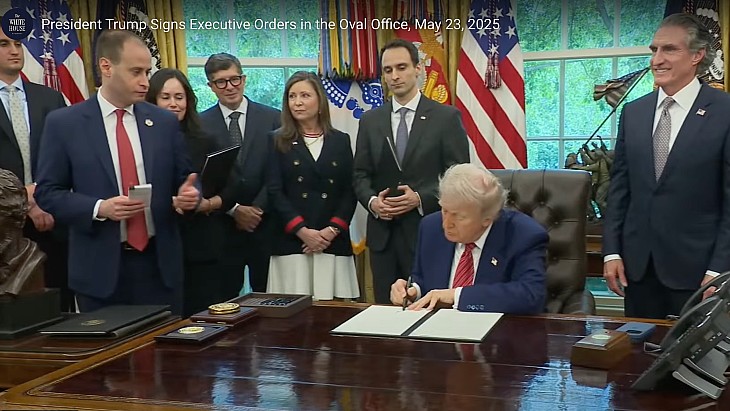New Jersey awards first ZECs
.jpg)
The PSEG-owned nuclear plants - two units at Salem and the single-unit plant at Hope Creek - had been under threat of premature closure before New Jersey in May 2018 passed the Zero Emissions Certificate Law, which enables the state to recognise and compensate eligible nuclear power plants for their zero-carbon attributes and contribution to fuel diversity. The law notes that the "abrupt retirement" of existing operating nuclear power plants, and a concomitant increase in the proportion of the state's electricity demand met by natural gas and coal, would lead to a "substantial increase" in emissions, with associated adverse impacts for public health and the environment.
Fiordaliso noted the urgency of climate change and the potential environmental impacts of immediately closing down the nuclear plants, which provide about 32% of New Jersey's electricity and 90% of its clean energy. He also noted the potential impacts of the plants' closure on the local economy and grid stability.
"We do not make this decision lightly and the Board must balance protecting ratepayers with our responsibility to the citizens of the state," Fiordaliso said. "We have a moral obligation to our fellow citizens to do everything we can to decrease carbon emissions."
The board had concluded "that now is not a time to move forward in a way that will remove nuclear from our energy mix and ultimately increase air pollution and carbon emissions in our state", he said.
Two days before the ZEC announcement, PSEG on 16 April submitted deactivation notices for Salem 1, Salem 2 and Hope Creek which would have seen the units' retirements starting with Salem 1 later this year. It said those notices would be withdrawn on the award of the ZECs.
The company said the NJBPU's decision would save the state "hundreds of millions of dollars in what would have been higher energy costs, thousands of jobs lost and tons of environmentally damaging air emissions".
The collection of funds to pay for the credits will begin immediately and will result in about USD100 million in subsidies for each of the plants per year for three years at the statutorily mandated rate of USD0.004 per kilowatt hour, the NJBPU said. If more money is collected than is needed, the additional funds will be returned to ratepayers. The programme will be re-evaluated after three years. Should the utilities receive additional funding via state or federal subsidies those funds would need to be "reconciled" against the ZECs, it added.
Salem 1 and 2 are pressurised water reactors which have between them provide over 2400 MWe of gross generation capacity. Hope Creek is a boiling water reactor with a gross capacity of 1240 MWe. Salem 1 has been in commercial operation since 1977 and is licensed to 2036, while unit 2 began commercial operation in 1981 and is licensed to 2040. Hope Creek began commercial operation in 1986 and is licensed to operate until 2046. New Jersey's fourth plant, Exelon Generation's Oyster Creek, retired in October 2018 after 49 years of operation.









..._58412.jpg)

